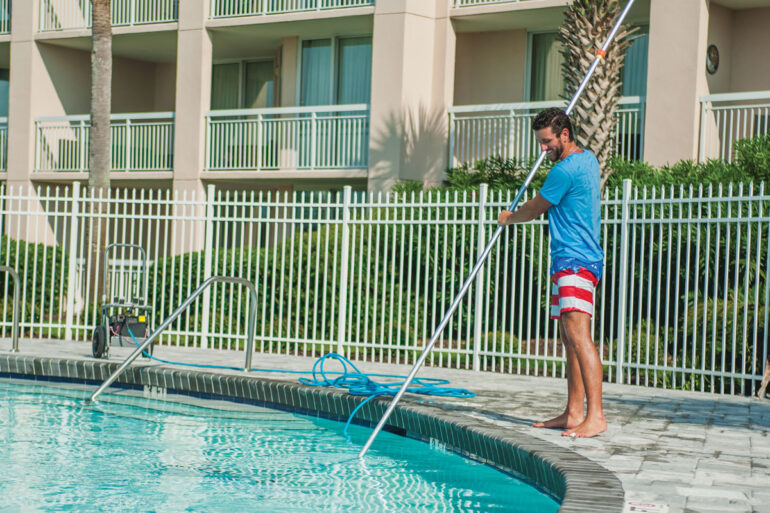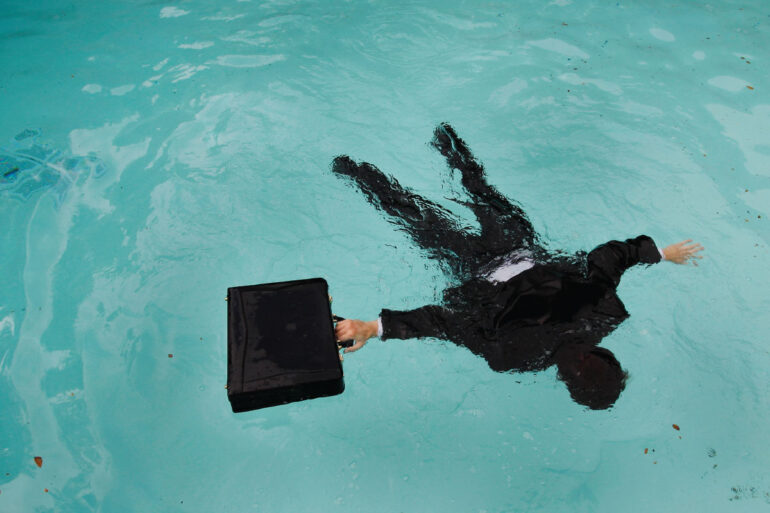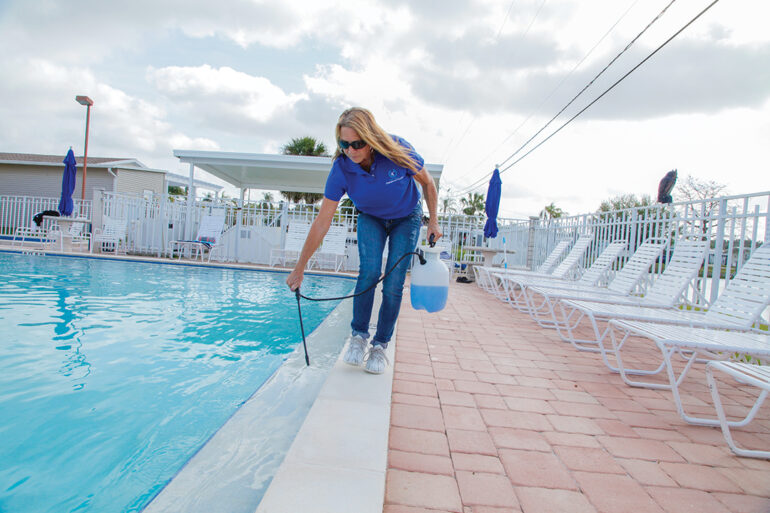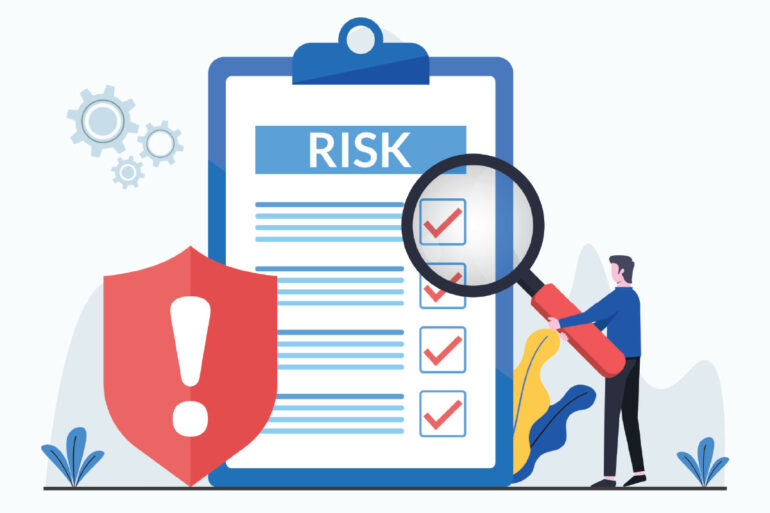Seal of Approval

Aquatic activity in healthy water is increasingly on the public’s radar. Today, most health departments require commercial pool technicians to have the Certified Pool Operator Certification from the National Swimming Pool Foundation.
Michelle Kavanaugh, mission development director for the NSPF, says the CPO Certification is the most widely recognized certification in the pool and spa industry in the United States and worldwide.
“It is recognized by many health departments and state codes but, more than that, it is recognized by industry professionals as the must-have certification for any career in aquatics,” she says. “NSPF has been consistent in reviewing and updating content for this course for years, and NSPF instructors have been delivering education to more than 400,000 individuals in more than 100 countries since the 1970s.”
Course Content
The CPO Certification course covers all the topics in the NSPF Pool & Spa Operator Handbook and provides a comprehensive overview of how a pool and spa operate and are maintained. This includes topics like management, filtration, circulation, water balance, water chemistry, how to prevent recreational water illnesses and more.
“The course is either a two-day classroom course or a blended format where a portion of the course is online in the form of Pool Operator Primer and then a one-day classroom course,” Kavanaugh says. “Where county or state codes exist, the instructor will provide an overview of the code as well.”
A student must successfully pass the exam at the end of the course to receive a CPO Certification.
Thankfully, there are hundreds of CPO Certification courses listed at nspf.org (and on PoolProMag.com/event-directory) for companies to choose from, with a course or two a week in larger cities. If an employee is unable to find a course that meets their schedule, employers can host a course at their facility for several staff members. Kavanaugh reports that many instructors are willing to provide a facility discount if a classroom is provided, as it cuts down on the overall costs for the instructor.
Debbi Leclerc, owner of The Pool Doctor of Rhode Island, says she will send interested employees to CPO classes when there’s training in the local vicinity, travelling as far as the next state over.
“We do it because the state of Rhode Island, from a commercial standpoint, puts more weight into a CPO than an APSP building professional,” she said. “If someone is interested from our company, we will send them.”
Kavanaugh says NSPF does not currently require continuing education to maintain the CPO Certification — however, it does require certification holders to renew their certification every five years with the most updated course content and NSPF Pool & Spa Operator Handbook.
“We truly believe that those in the industry should continue to learn and grow on advanced topics in aquatics to help prevent bad things from happening,” Kavanaugh says. “By doing so, they contribute to a healthier and happier swimming community and world.”
Becoming PPSO Certified
Silvia Uribe, director of education at the Association of Pool and Spa Professionals, says it’s also important for pool service staff to get the Professional Pool and Spa Operator certification.
“The PPSO course focuses on the essential skills needed for pool systems and components. It highlights critical information and provides clear learning objectives and knowledge checks throughout,” she says. “Students receive a manual that contains 13 chapters with the vital content that prepares them to perform their job well from day one.”
The instructors teach the course following best practices on education in an engaging and supportive way, focusing on the must-know information to ensure each student’s success, which will translate to operating and providing a safe aquatic environment for the end user’s enjoyment.
“When pool operators are not trained properly, there is more opportunity for errors and mismanagement, which translates to risks of having [a public] facility shut down and violations that can impact the safety, health and lives of the patrons,” Uribe says. “All of these aspects can have a significant impact on the organization’s financials.”
Some organizations have their own authorized APSP instructors who can conduct the class in-house for their employees, while others opt to send individual students to instructors. “APSP has a team of instructors who can offer different formats of this certification, which can both satisfy the student’s needs for professional development, while at the same time organizations get better-trained staff,” Uribe says. “The fact that our training courses are formatted in a way that allows us to do updates in a timely fashion translates to a flexible, supportive and effective way to maintain staff informed with the latest information.”





